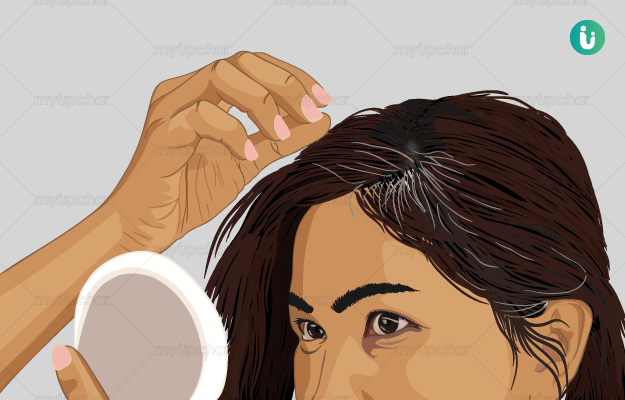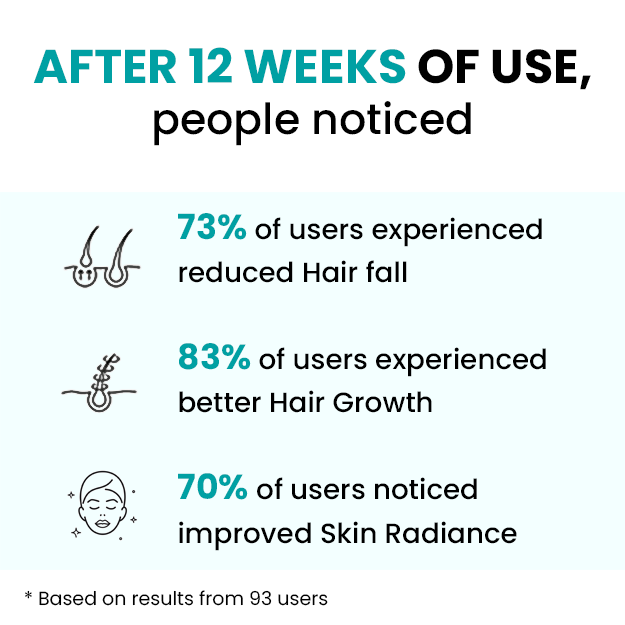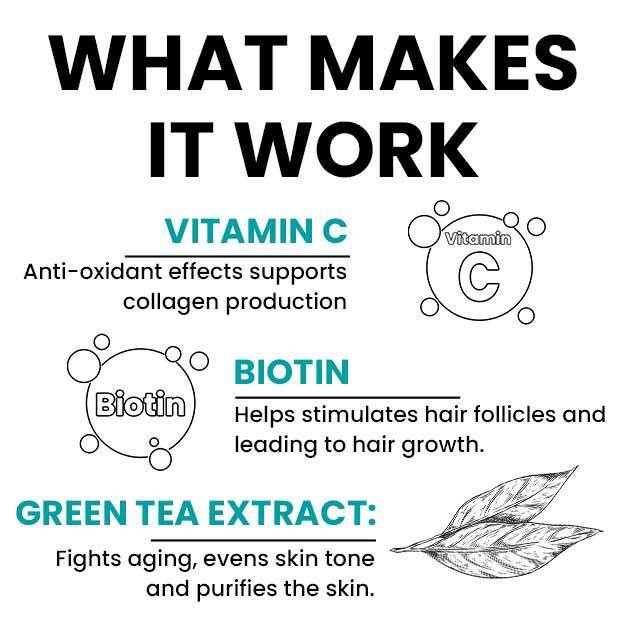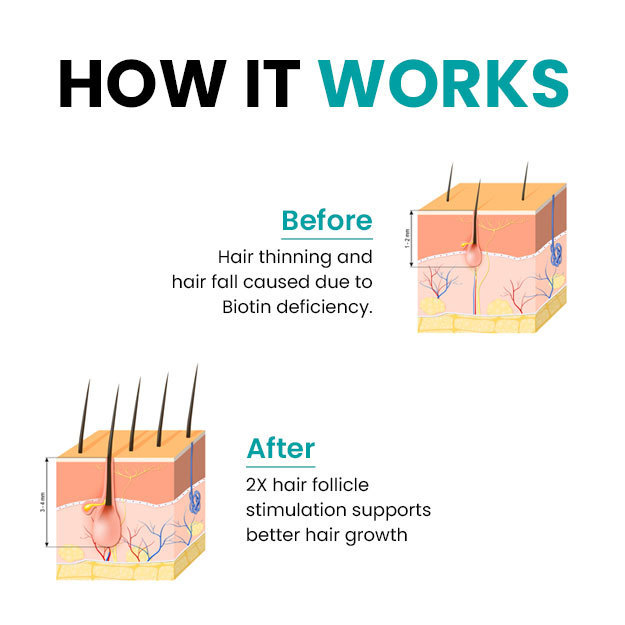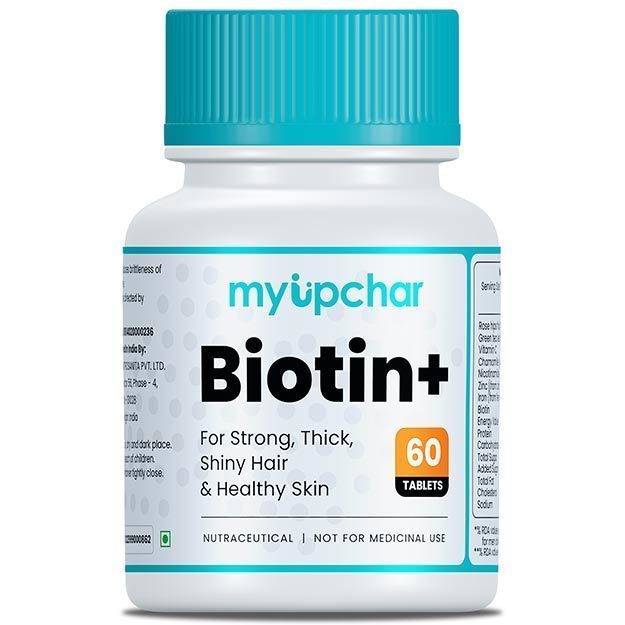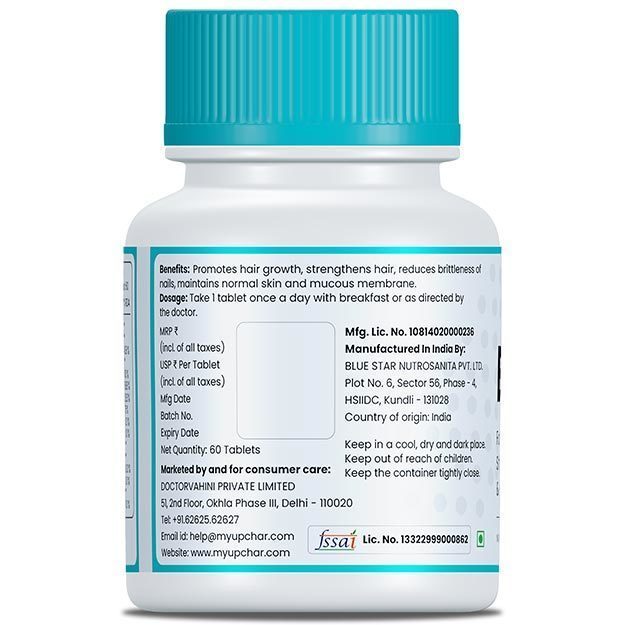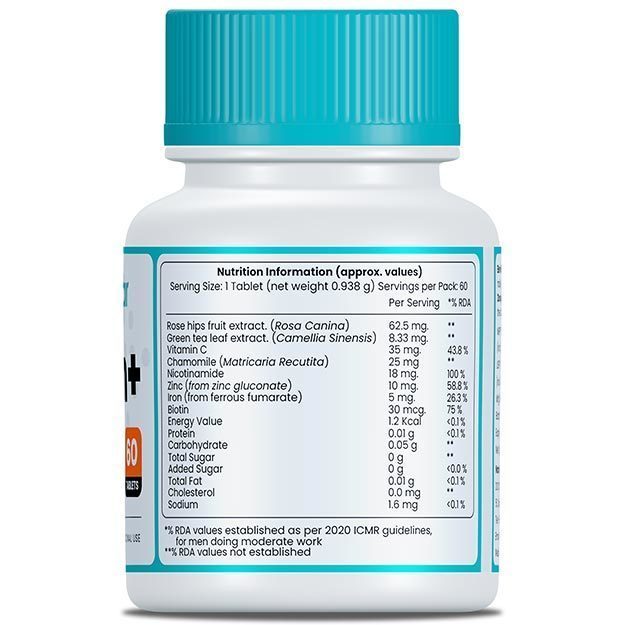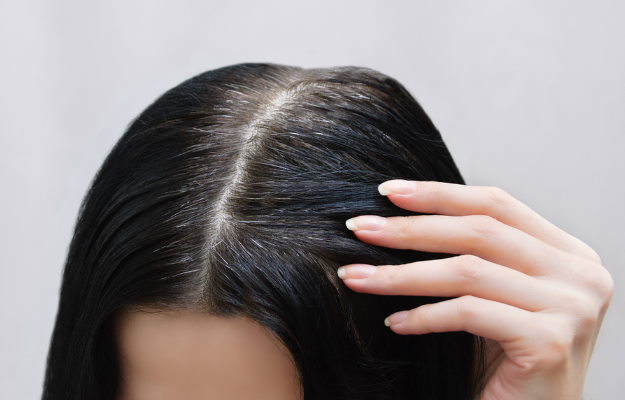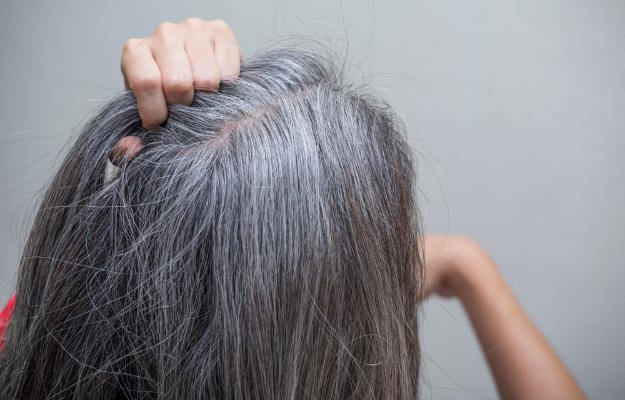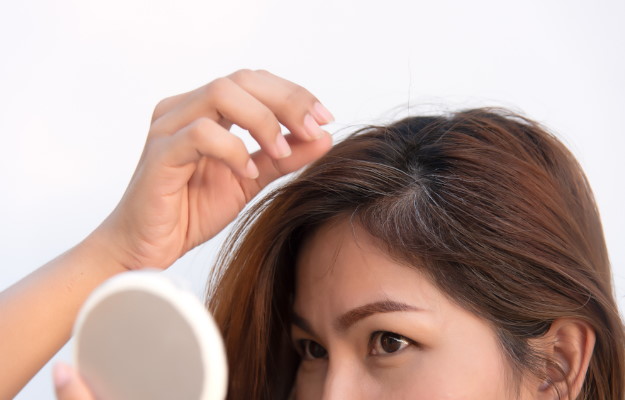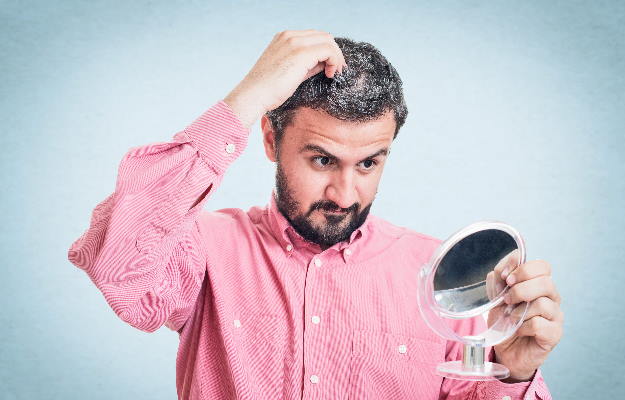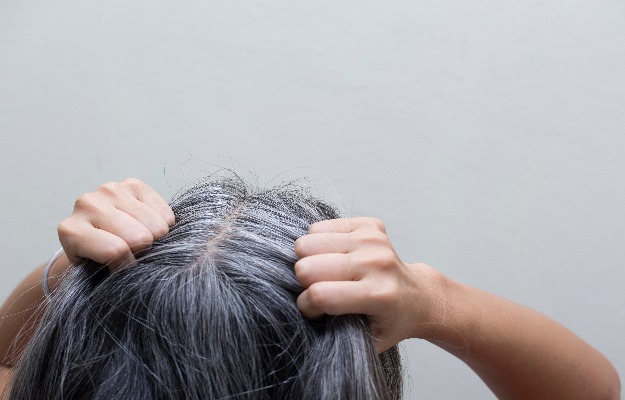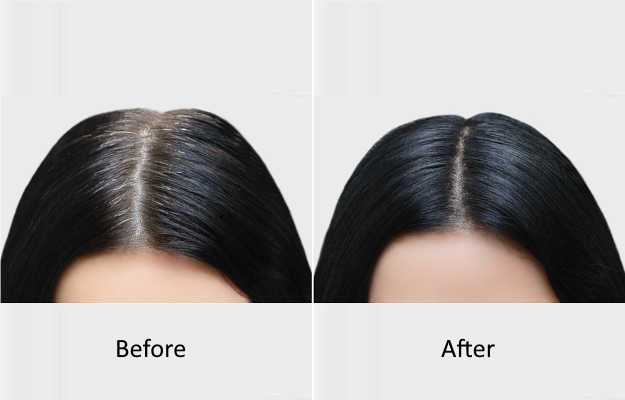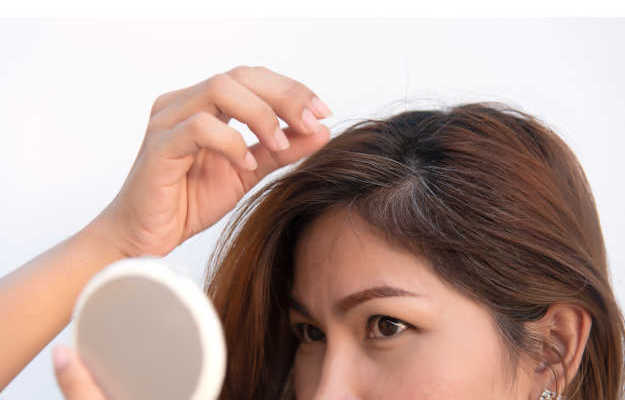Grey hair is an indication of ageing. Greying of hair, medically called canities, is a natural process which happens gradually as we age. In men, greying usually begins at the temples and in the sideburns, which later spreads to the entire scalp, affecting the occiput (back of the head) last. Women usually start greying around the perimeter of the hairline.
Little do we know about the natural pigmenting of the hair and the reason behind greying of hair. Some people also suffer from premature greying of hair which could be an indication of many underlying diseases.
Takeaway
Greying of hair is a natural process that occurs as you age. Melanin production in hair reduces with age, and hence the older you are the whiter your hair will turn. Premature greying is a problem that many face, but it doesn’t have a single common cause. It can happen due to genetic factors, deficiency of nutrients like vitamins and proteins, pre-existing health conditions like hypothyroidism, vitiligo, etc, stress or use of certain medications. While nutrient supplements and healthy lifestyle choices can stop or prevent premature greying, the most effective treatment - and the most popular one - is colouring of hair.

